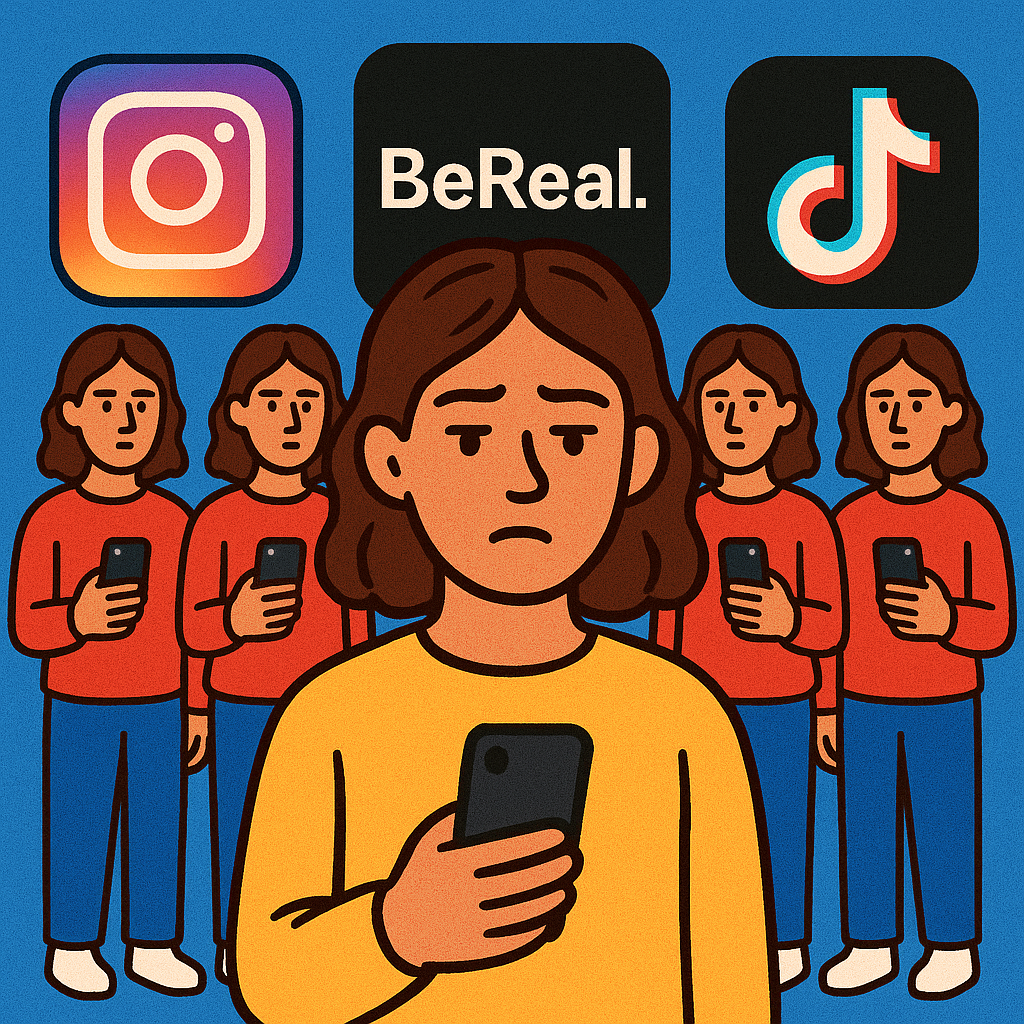Editor’s Note: The following article is an opinion piece that reflects the views of the author.
Garrison Keillor once said, “A book is a gift you can open again and again.” It is true: Books are a gift to the world. But what if the gift was never opened? Then people would not know what a treasure they had been given. Schools who ban books keep students from realizing what has been bequeathed upon them by authors. Schools should not ban books because doing so is violating the First Amendment, and exposing students to different kinds of books has many benefits which cannot be had if the children cannot read the books.
Schools should not prohibit books, even if teachers or administrators do not agree with the views expressed in the book, because exposing children to many types of books has numerous advantages. For example, variety in books enlarges their horizons. Students, when reading a diversity of books, will encounter various types of characters and ways of life, such as different religions, different races, different sexualities and different gender identities. Seeing the world through a perspective different from their own will encourage students to have a broad outlook on the world around them, inspiring them to be more accepting of people unlike themselves. Furthermore, reading a range of stories strengthens students’ social and emotional intelligence. Books appeal to children’s emotions, allowing them to connect to the characters and events happening in the story, which in turns lets them connect better to the people around them. If schools do not allow children to experience the world through other’s eyes, they will not learn what life is like for other people, making them less compassionate and welcoming to others that are not like them.
Schools should not restrict children from reading certain books because doing so is violating the First Amendment. The First Amendment forbids the restriction of the use of free speech. Preventing books from being read is a violation of the First Amendment because that silences the author’s voice from being heard, and it robs the future generations of the opportunity to learn new things.
Some who support banning certain books claim that these books are “inappropriate” for some readers. Although this may ring true for younger children, such as those in elementary school, those in the higher grades are mature enough to understand these themes. Children often understand more than adults believe. Furthermore, maturity level does not depend on age. A child more mature than their peers can just as easily comprehend adult ideas as a student several grades above them. Those in favor of the forbiddance of books in schools also claim that it is necessary to protect children. However, children cannot be shielded from the world forever. It is essential to expose them to age-appropriate versions of ideas that are travelling around the world; otherwise, they will grow up to be sheltered and naive.
Schools should not prohibit books because doing so is breaking the First Amendment, and showing children different kinds of works has many advantages, benefits that cannot be had if the children cannot read the books. America is the land of the free. But can we truly be free if not free intellectually?




